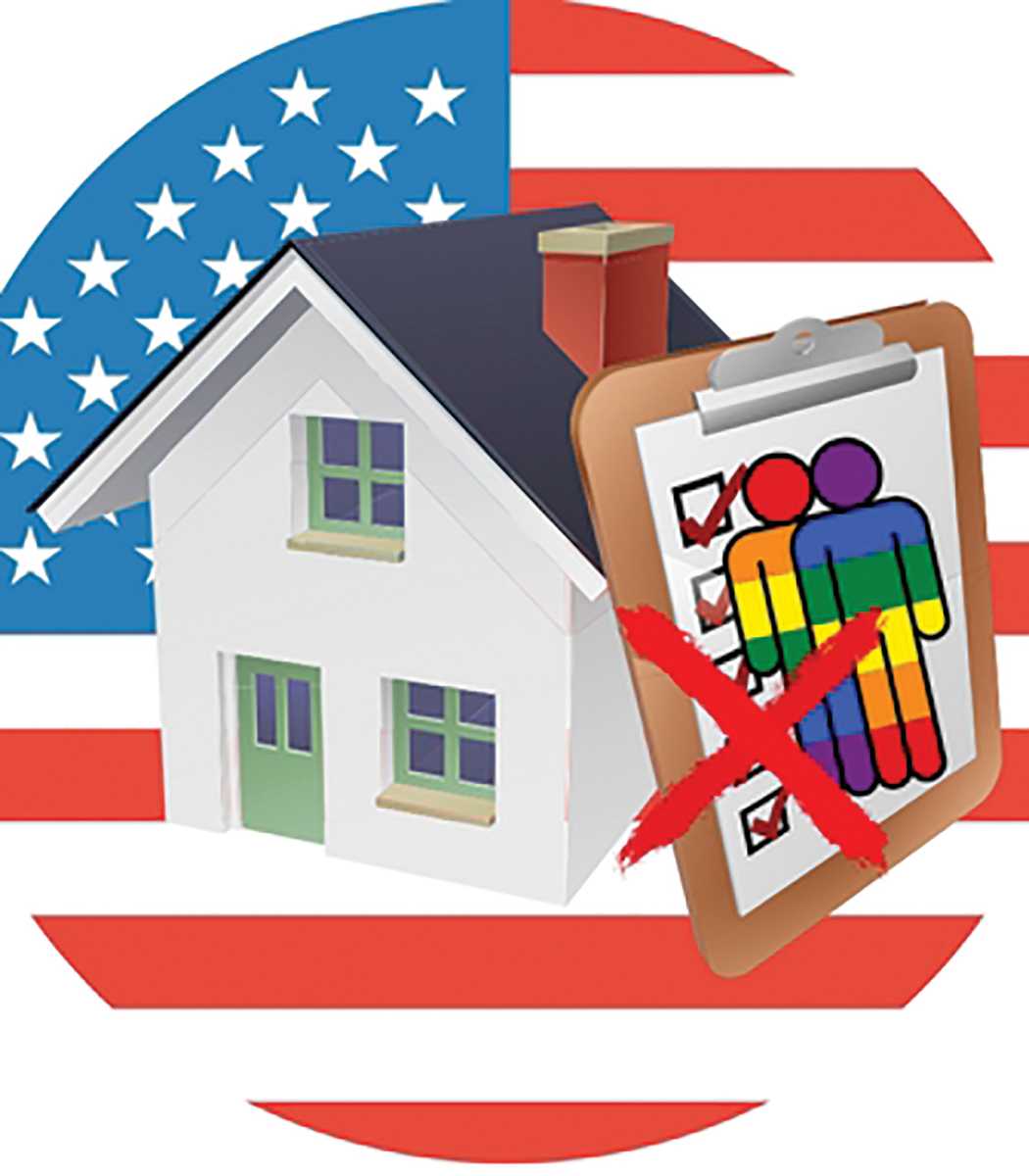Controversy sparked after it was reported the United States Census Bureau would include LGBTQIA individuals in the 2020 census, only to backtrack shortly after and once again exclude them. To a community that has dealt with erasure and lack of representation for the entirety of our nation’s history, this came as an unfair and devastating blow.
Response to these confusing reports has come in many forms. People are outraged, but there are also those who think because this community has never been represented by the census in the past, it is not a big deal the decision to include them has been reversed.
The issue with that mentality is it accepts the normalization of erasure simply because it has always been there. It tells members of the LGBTQIA community they very literally do not count in this country.
Data collection is not many activists’ first concern; however, information collected by the U.S. Census helps determine the allocation of federal funds for programs that could specifically help vulnerable communities.
According to the Williams Institute, 40 percent of homeless youth that seek help from federal agencies identify as part of the LGBTQIA community. With a clearer demographic view of this community, funds may be more properly allocated in prevention services.
When it comes to policy, legislators who oppose LGBTQIA rights have the ability to cite often misleading and underfunded research that claims that the community is too small to have time and money spent on them. With proper federal research, we can demand more accurate and effective arguments from our legislators.
To not be counted in the census sends the same message the Clinton administration’s infamous “Don’t Ask, Don’t Tell” policy did. The policy barred closeted LGBTQIA individuals from being discriminated against in the military, but did not allow them to openly serve. Both imply that we are only okay accepting people’s truest identity if they go out of their way to hide it, while straight, cisgender people go about their lives as the only ones with the freedom to express themselves in that way, upholding an unfair, societally constructed power dynamic.
Any step we can take for heightened visibility of a vulnerable and historically invisible community is one we should strive for as a progressive community that cares for our neighbors. To be recognized by the government is a monumental step toward a more equal society. Though blame for invisibility cannot be placed solely on the Trump administration, the argument “this is how we have always done it” simply will not cut it. Our LGBTQIA siblings need the fullest equality and representation now, it is long overdue.
– May Olvera is a journalism junior
Representation in the 2020 census is vital for LGBTQIA equality
April 20, 2017
Illustration by: Flor Barajas | Staff Illustrator
Donate to The University Star
Your donation will support the student journalists of Texas State University. Your contribution will allow us to purchase equipment and cover our annual website hosting costs.



















